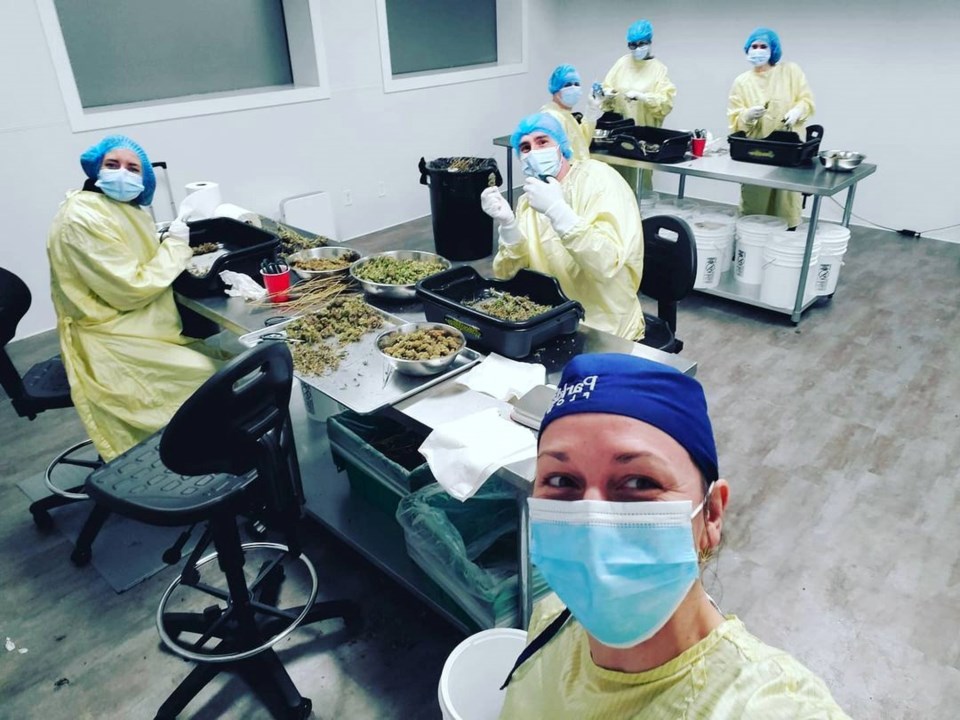The Canadian cannabis industry is facing a critical inflection point today: whether or not it wants to include small businesses. Craft growers are facing extinction under the burden of an excessive taxation regime, and we are standing together to share this message with Canadians who believe in a diverse and equitable future for cannabis enterprises in this country.
Craft cultivators currently pay 20-30%+ of their top line revenues to excise tax. This is often a higher monthly burden than their team’s salaries. We do not tax any other product in Canada so heavily, and current excise burdens are killing craft business. We need change now, and we need your voice to engage decision-makers in Government.
A group of passionate business owners, employees, and activists have come together to found Standforcraft.com. This tool empowers advocates to share their position with 100+ of the most influential government stakeholders at the core of this issue. We are asking anyone who supports the future of craft cannabis in Canada to share their voice today.
Being the first developed nation in the world to legalize cannabis, it was inevitable that policy would need to grow and evolve with the fledgling industry. Changes have been slow, and time is running out for family businesses trying to compete against massively-funded pubco monoliths, none of whom have proven a successful business model to date.
Most cannabis consumers do not appreciate that once the hard-fought battles for licensing, permitting, site construction, staffing, and product launches are over, even the most successful cannabis businesses may never achieve cash flow. These are family businesses and independent teams, who have often mortgaged their livers on the hope of opportunity in this new industry.
We stand with Craft LPs, processors, and micro cultivators coming forward to reiterate systemic financial dysfunction in the current excise regime. Craft businesses are paying more tax than they earn in margin across the board, and we have demonstrated repeatedly that current taxation policy is financially unsustainable for small growers.
This is not news to Canadian regulators, who have been aware of systemic dysfunction in excise taxation for years thanks to the advocacy and activism of craft producers across the country. Our message has been ignored, and today they will hear us speak with one voice.
We are watching our peers go insolvent under the burden of excessive taxation, and we want to believe in a future of Canadian cannabis that includes small businesses. The current excise regime has inhibited basic business fundamentals such as EBITDA and cash flow, and craft producers cannot continue to operate under this burden of unprecedented taxation.
Immediate excise reform is a hill craft growers are literally about to die on.
Large publicly-traded LPs have bankrolls in the hundreds of millions, and consistently sell their cannabis at loss. They can afford to wait until their competitors die before they need to turn a profit. Craft cannabis cannot.
Craft cultivators want to contribute to the legal marketplace, and we want to pay our fair share of taxes in service to the Canadian economy. We can’t pay any tax at all if we don’t have a survivable business, and under the current excise regime we won’t survive for long.
Stand with us at StandForCraft.com, and share your voice with the regulators and policymakers who can shape a brighter future for small business in Canadian cannabis.
Dan Sutton is the founder and CEO of Tantalus Labs, a craft cannabis cultivator based out of Vancouver, BC. He and his team have historically recommended >40 amendments to streamline and evolve cannabis cultivation regs, many of which were implemented by Health Canada and other regulators over his 9-year journey in Canadian cannabis. He and his team contributed substantially to the recognition of cannabis as an agricultural crop regulated under normal farm practices by the Agricultural Land Commission in British Columbia in 2019. Dan believes in a Canadian cannabis industry where even the smallest cannabis firms can thrive and contribute to their local economy.



